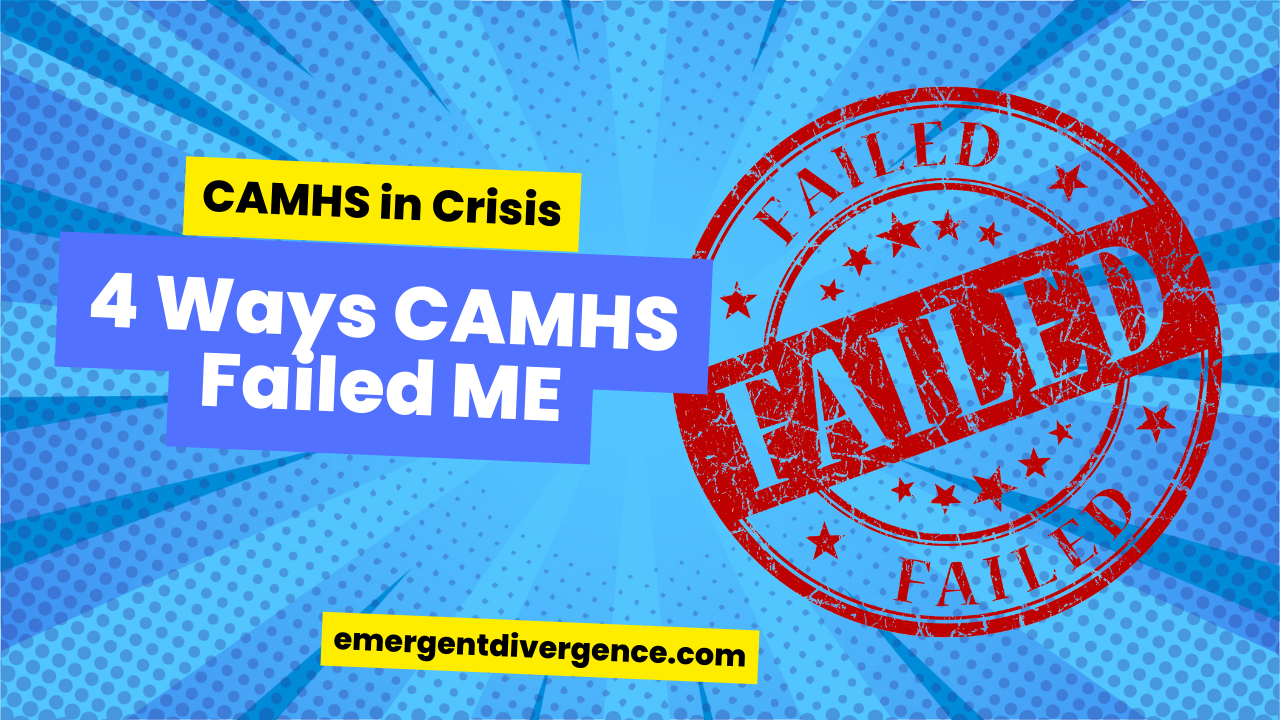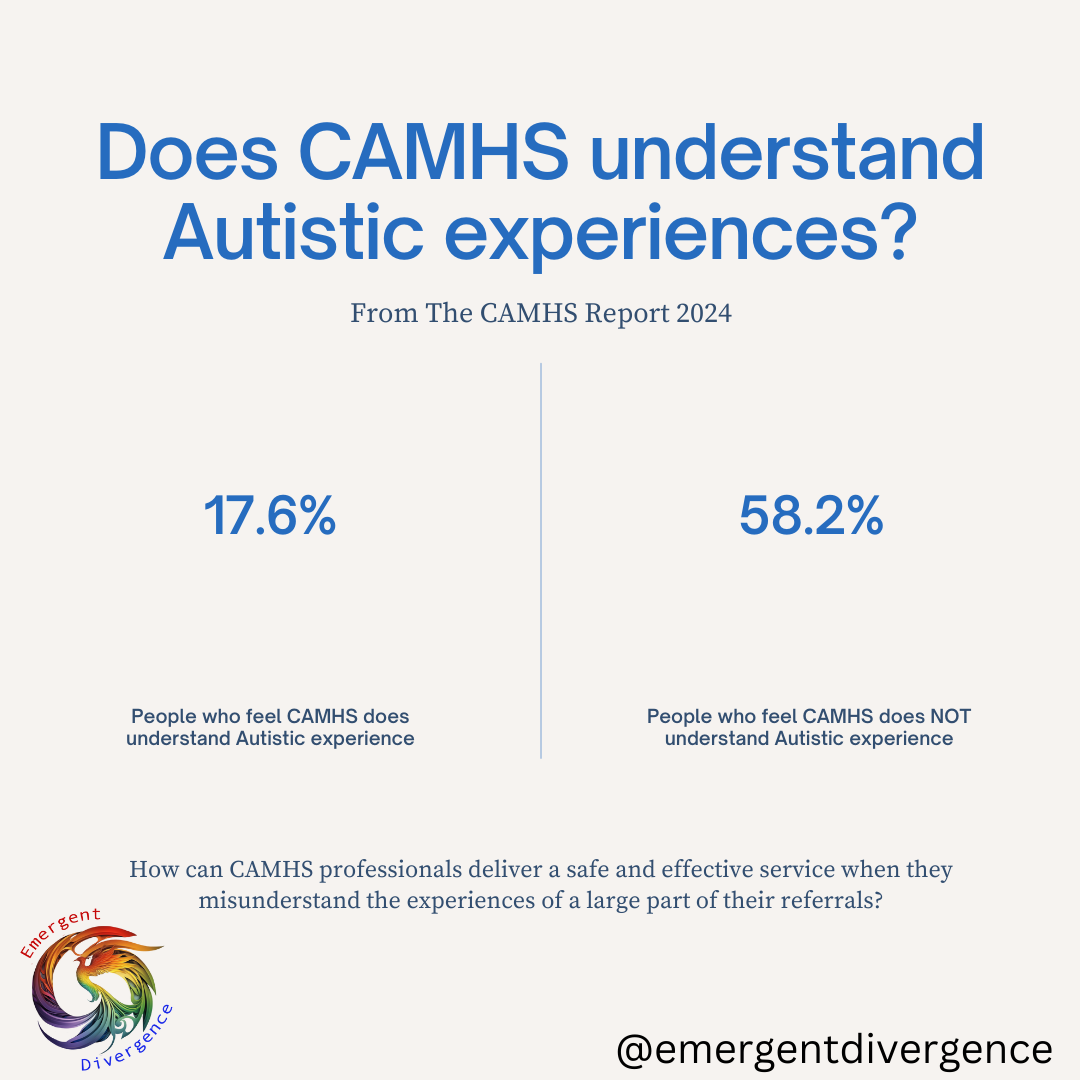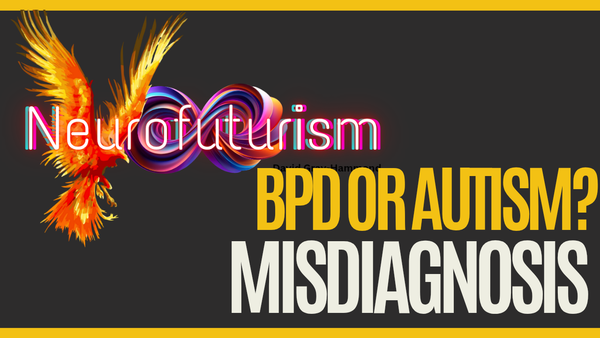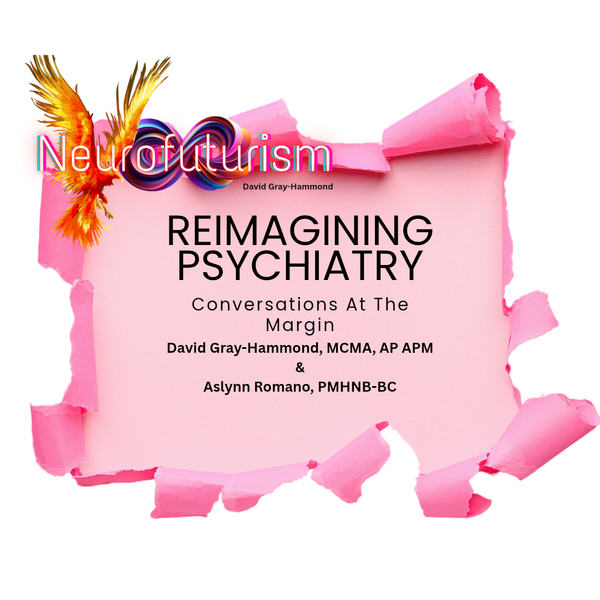4 ways CAMHS failed me as an autistic teen
The first report on Child and Adolescent Mental Health Services (CAMHS) reveals troubling issues with understanding and supporting Autistic individuals. The author's personal experience highlights the long-winded referral system, dismissive psychiatrists, pressure for medication, and blame for schoo

I recently published the first report on Child and Adolescent Mental Health Services (CAMHS). The results were unsurprising, but also deeply troubling. CAMHS it would seem do not understand Autistic people, and fail to fulfill some of the basic requirements of such a service. This has encouraged me to think of my own experiences with CAMHS and how they failed me. While my encounter was 19 years ago, CAMHS do not appear to have improved, and perhaps have even got worse.
Why did I need CAMHS as an Autistic teenager?
I was undiagnosed at the age of 15. Despite knowing that I was Autistic, professionals had constantly knocked me back and refused to assess me for autism. While this was a factor in the deterioration of my mental health, it may have also been a privilege as it meant CAMHS couldn't use autism to refuse my referral.
I had been through a childhood of trauma, and following a life threatening event I entered Autistic burnout and shutdown. I was out of school for three months. School was not the right environment for me, and had CAMHS supported me properly, I might not have been forced to return. My official diagnosis at the time was depression. A far flight from autism, ADHD, and schizophrenia, that would be recognised in me as an adult.
So how was I failed?
1. The referral system was long winded and confusing
At the age of 15, I was expected to complete paper assessments and perform other preparation for my appointment. This may seem somewhat reasonable, but for a burnt out, suicidal teenager who was used to being rejected, this was very difficult. I was given no information, and they wanted everything. This felt like a huge imbalance of power. Where was I going? What would the professionals be like? Would they listen anymore than the hateful school staff who had contributed to me ending up here?
There was no point of contact for me as a teenager. It was managed through my mother, who found the system equally frustrating. My mother didn't know it at the time, but her own neurodivergence meant that a lot of the barriers I faced also applied to her. What I needed was a safe professional to guide me through the process, and yet it would seem that I had been dropped in the wilderness with no guide or resources.
2. The psychiatrist did not want to know my experience
Once I had made my way through the referral process, I was rewarded with a single, very short appointment with a CAMHS psychiatrist. They were harsh in their outward behaviour and seemed as though they had no time for me. In fact, they didn't have time for me, my appointment lasted 5 minutes. They were really quite disinterested in my trauma.
I disclosed a life time of child abuse, in front of my mother. My mother and I were sent away to process it alone. I know that my mother still feels guilt about not knowing what I had been through. I was left feeling guilty for admitting to it. That is the legacy that CAMHS left me with. It saddens me to have seen the data showing these issues are still ongoing for many Autistic children, young people, and their families.
3. I was discharged by CAMHS for not wanting medication
Only one thing came out of my 5 minute conversation with the psychiatrist. They ignored everything I had said about my traumatic childhood, argued that the root cause of all my problems was ADHD and offered me Ritalin. I was unwilling to take it without discussion, so they discharged me.
I am not against medication, medication has saved my life. The irony is that now as an adult I am looking into starting ADHD medication. The problem was that they wanted my mother and I to decide after a 5 minute conversation. When we were unwilling to act on such a lack of information, they discharged me.
4. My mother and I were blamed for my school attendance issues
To add insult to injury, CAMHS lasting legacy was that they placed the blame for my failure to attend school on my mother and I. I was a school refuser, a truant, in their eyes. My mother just needed to push me harder. To hell with boundaries, I simply wasn't disciplined enough. Ultimately I would be forced back into mainstream school, where my mental health would continue to deteriorate. Sometimes I look back on those days and wonder how I survived. Between CAMHS and school, it seemed that the system was determined to end me.
Has CAMHS changed?
I really want to say yes, but at the foundational level, there is still a rotten structure. They have failed hundreds of thousands of families, with very little being done to change any of that. The CAMHS report found the following of all who responded to a survey of experiences with CAMHS.

The aforementioned CAMHS report found that only 17.6% of it's respondents felt that CAMHS understand Autistic experience. This is deeply troubling. An understand of my Autistic experience and accommodation of my needs could have made a significant difference to the outcome of my CAMHS referral. Despite this, here we are 19 years later with the same problem I was facing nearly two decades ago.
Autistic people and their families deserve better.



